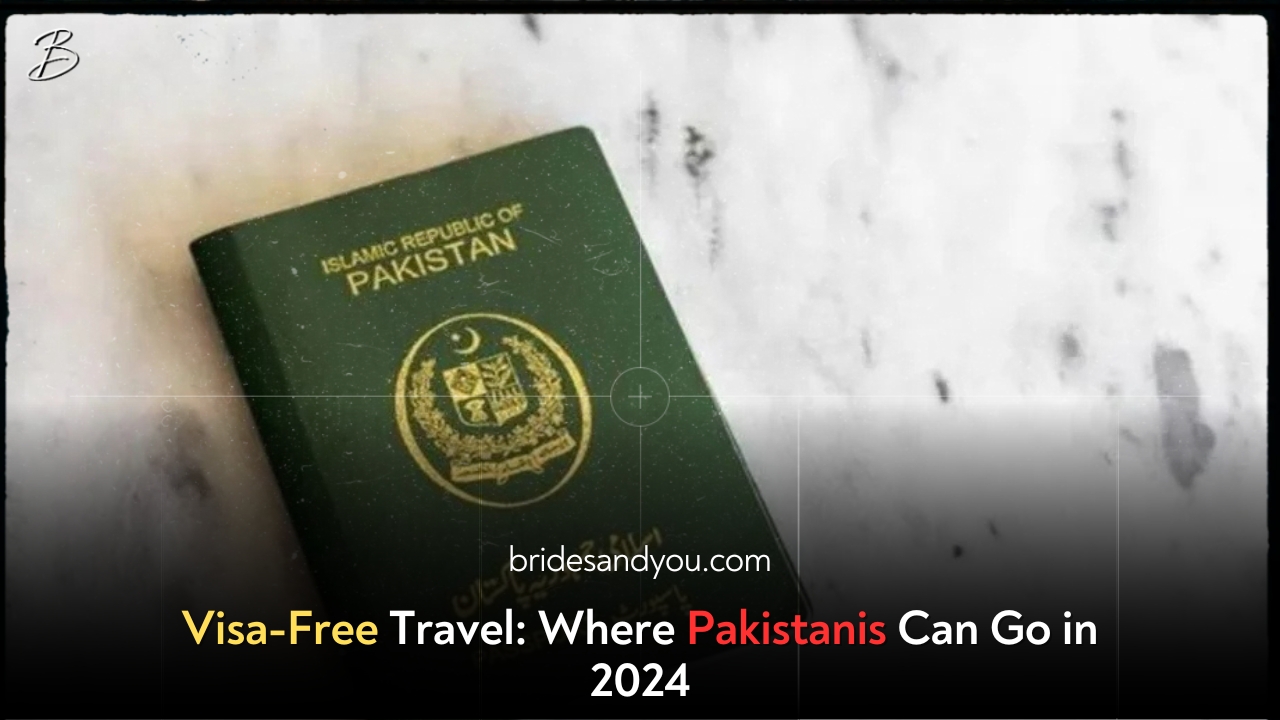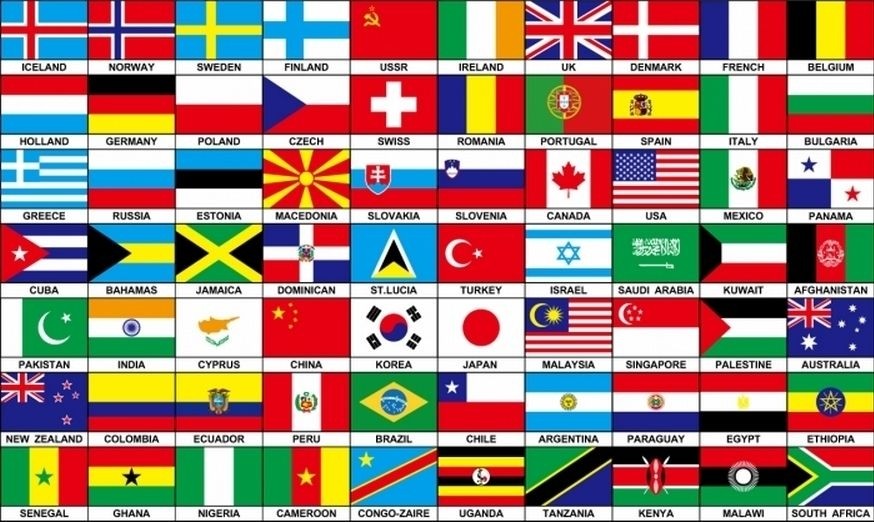Now Reading: Visa-Free Travel: Where Pakistanis Can Go in 2024
-
01
Visa-Free Travel: Where Pakistanis Can Go in 2024
Visa-Free Travel: Where Pakistanis Can Go in 2024

Comprehensive Guide to Visa Requirements for Pakistan Passport Holders in 2024
Traveling internationally with a Pakistan passport in 2024 comes with a wide range of visa requirements that vary greatly depending on the destination. Some countries allow visa-free entry, others offer visas-on-arrival or Electronic Travel Authorization (eTA), and many still require pre-approved visas, including traditional and eVisas. With around 33 destinations open for visa-free access to Pakistan passport holders, understanding visa rules for each country can make travel planning smoother and help avoid last-minute hurdles.
This guide provides an extensive overview of the visa policies applicable for Pakistan passport holders, from visa-free destinations to those requiring visas-on-arrival or online applications, and countries with traditional visa requirements.

Visa-Free Destinations for Pakistan Passport Holders
As of 2024, Pakistan passport holders can travel without a visa to 11 countries, offering various short-term travel options such as tourism and business trips. While these destinations permit visa-free entry, it’s essential to verify each country’s specific policies, as the duration of stay and travel purposes allowed may differ.
List of Visa-Free Countries for Pakistan Passport Holders:
- Barbados
- Cook Islands
- Dominica
- Gambia
- Haiti
- Micronesia
- Montserrat
- Rwanda
- St. Vincent and the Grenadines
- Trinidad and Tobago
- Vanuatu
It’s advised to check for any updates on visa requirements, especially if your travel purpose extends beyond the visa waiver policies, such as long-term stays or work.
Visa on Arrival for Pakistan Passport Holders
Visa on arrival (VoA) is a convenient option for Pakistan travelers heading to certain countries. With this option, visitors can obtain a visa upon arriving at the airport or other entry points. However, the application process may vary, with potential fees, required documents, and specific entry regulations that differ between countries.
Countries Offering Visa on Arrival to Pakistan Passport Holders:
- Bolivia
- Burundi
- Cambodia
- Cape Verde
- Comoros
- Djibouti
- Guinea-Bissau
- Madagascar
- Maldives
- Mauritania
- Nepal
- Niue
- Palau
- Qatar
- Samoa
- Senegal
- Seychelles
- Sierra Leone
- Timor-Leste
- Tuvalu
Before travel, ensure you have all necessary documentation for visa processing upon arrival, including proof of sufficient funds, return tickets, and valid travel insurance if required.
Electronic Travel Authorization (eTA) for Pakistan Citizens
An Electronic Travel Authorization (eTA) is another streamlined visa process available to Pakistan passport holders traveling to select countries. This pre-approval document allows visa-exempt travelers to obtain travel permission before arrival. Although an eTA is not a full visa, it is mandatory for entry and offers a convenient alternative to traditional visa applications.
Countries Requiring eTA:
- Kenya
- Sri Lanka
The eTA process is generally straightforward, with applications made online. Once approved, the eTA links electronically to the traveler’s passport, allowing for efficient and quick entry at immigration points.
eVisa Destinations for Pakistan Passport Holders
For certain destinations, Pakistan passport holders need to apply for an eVisa before travel. An eVisa application is submitted online, allowing travelers to avoid embassy visits for most cases. After approval, the eVisa is either electronically linked to the passport or issued as a document that can be printed and presented upon entry.
List of eVisa Countries:
- Albania
- Antigua and Barbuda
- Australia
- Azerbaijan
- Bahamas
- Bahrain
- Benin
- Bhutan
- Botswana
- Burkina Faso
- Cameroon
- Colombia
- Democratic Republic of Congo
- Côte d’Ivoire (Ivory Coast)
- Ecuador
- El Salvador
- Equatorial Guinea
- Ethiopia
- Gabon
- Guinea
- Hong Kong
- Indonesia
- Iraq
- Kyrgyzstan
- Lesotho
- Malawi
- Malaysia
- Moldova
- Mozambique
- Myanmar
- Nigeria
- Oman
- Saint Kitts and Nevis
- Sao Tome and Principe
- Singapore
- South Africa
- South Sudan
- St. Helena
- Suriname
- Syria
- Tajikistan
- Tanzania
- Togo
- Uganda
- United Arab Emirates
- Vietnam
- Zambia
- Zimbabwe
eVisa applications typically require personal and travel details, along with a scanned passport copy and photo. Once approved, the eVisa can be stored digitally or printed for entry.
Countries Requiring a Traditional Visa for Pakistan Passport Holders
For 148 countries, Pakistan passport holders must apply for a traditional visa. This involves completing a visa application, often in person at an embassy or consulate, and may require supporting documentation, such as a passport, travel itinerary, financial proof, and an interview.
Examples of Countries Requiring a Traditional Visa:
- Afghanistan
- Algeria
- Argentina
- Bangladesh
- Canada
- China
- France
- Germany
- India
- Japan
- United Kingdom
- United States
Visa processing times vary, so early application is recommended to ensure sufficient time for processing and potential interviews.
Important Considerations for Pakistan Passport Holders
International visa policies can change frequently, influenced by political and diplomatic agreements, public health concerns, and other global factors. Travelers should confirm visa requirements before booking, as some countries impose additional regulations, such as mandatory vaccinations or quarantine protocols.










